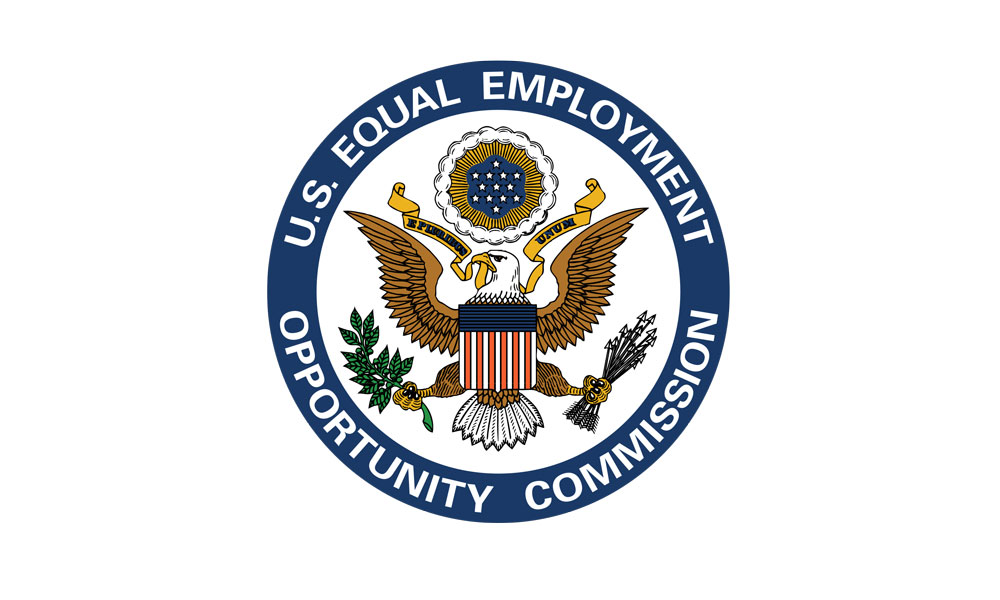President Donald Trump has begun his rollback of anti-discrimination policies, some of which are beginning to affect University of Pittsburgh unions and bargaining contracts.
One of Trump’s executive orders revoked Executive Order 11246, which was later expanded upon by Congress with the 1972 Equal Opportunity Act. Trump’s executive order applies only to federal agencies, but reflects growing attacks on DEI programs in the workplace. The order was enforced to protect employees with federal contracts from job discrimination on the basis of race, color, religion, sex or national origin, mandating affirmative action to ensure equal opportunity in employment.
Now, some Pitt unions are preparing their course of action for upcoming bargains. Though Pitt staff, faculty and graduate students are represented by the United Steelworkers, they each have separate unions. The Pitt staff union represents over 6,000 staff members of Pitt across all departments, such as lab managers and administrative coordinators.
The staff union, represented by the United Steelworkers Union and Bernie Hall, District 10 director, is committed to protecting its members. Hall reaffirmed the union’s commitment to their members, regardless of Trump’s executive orders.
“Our top priority as we evaluate the rapid-fire changes coming out of the new administration is to ensure our members can continue to remain safe on the job,” Hall said. “Moving forward, we intend to continue bargaining strong contracts that reflect the high value our union places on diversity in the workplace and protections against discrimination.”
Tyler Bickford, unit president for Pitt’s faculty union, said that issues of equity, diversity and inclusion have “long been a major priority” for the union.
“Our union is committed to equal opportunity in the workplace,” Bickford said. “Civil and human rights are core values for our union, and our contract protects those rights for faculty at Pitt.”
The union is also tracking rollbacks on federal funding and grants, including those with DEI elements. According to Bickford, the union is committed to protecting faculty’s academic freedom to teach, research and publish on topics related to diversity, equity and inclusion.
“I would say that our contract creates strong protections for academic freedom,” Bickford said. “It’s important to us that the administration recognizes that faculty have clear contractual rights to academic freedom.”
Jen Goeckeler-Fried, a laboratory manager in the Brodsky lab and chair of the bargaining committee in the staff union, felt that despite the overturn of the executive order, the steelworkers union remained strong in their beliefs.
“I feel like the steelworkers are committed to diversity, equity and inclusion and equal opportunities, and that will not change,” Goeckeler-Fried said.
In order to come up with a contract that represents all those in the staff union, Goeckeler-Fried said leadership sent out a bargaining survey to all eligible for membership. Based on those responses, the staff union is formulating a strategy for bargaining.
In preparation for bargaining, the union is taking inspiration from the faculty union contract, which lays out protections against discrimination.
“Faculty have already bargained for their first contract,” Goeckeler-Fried said. “In their contract, they have an article that gives them protections against discrimination, harassment and bullying, along with the grievance procedure for handling those issues if they come up, and I believe that the staff deserves to have those same protections in our contract.”
The graduate student union will remain relatively unaffected by the federal contract protections because students’ membership is based on university admittance.


